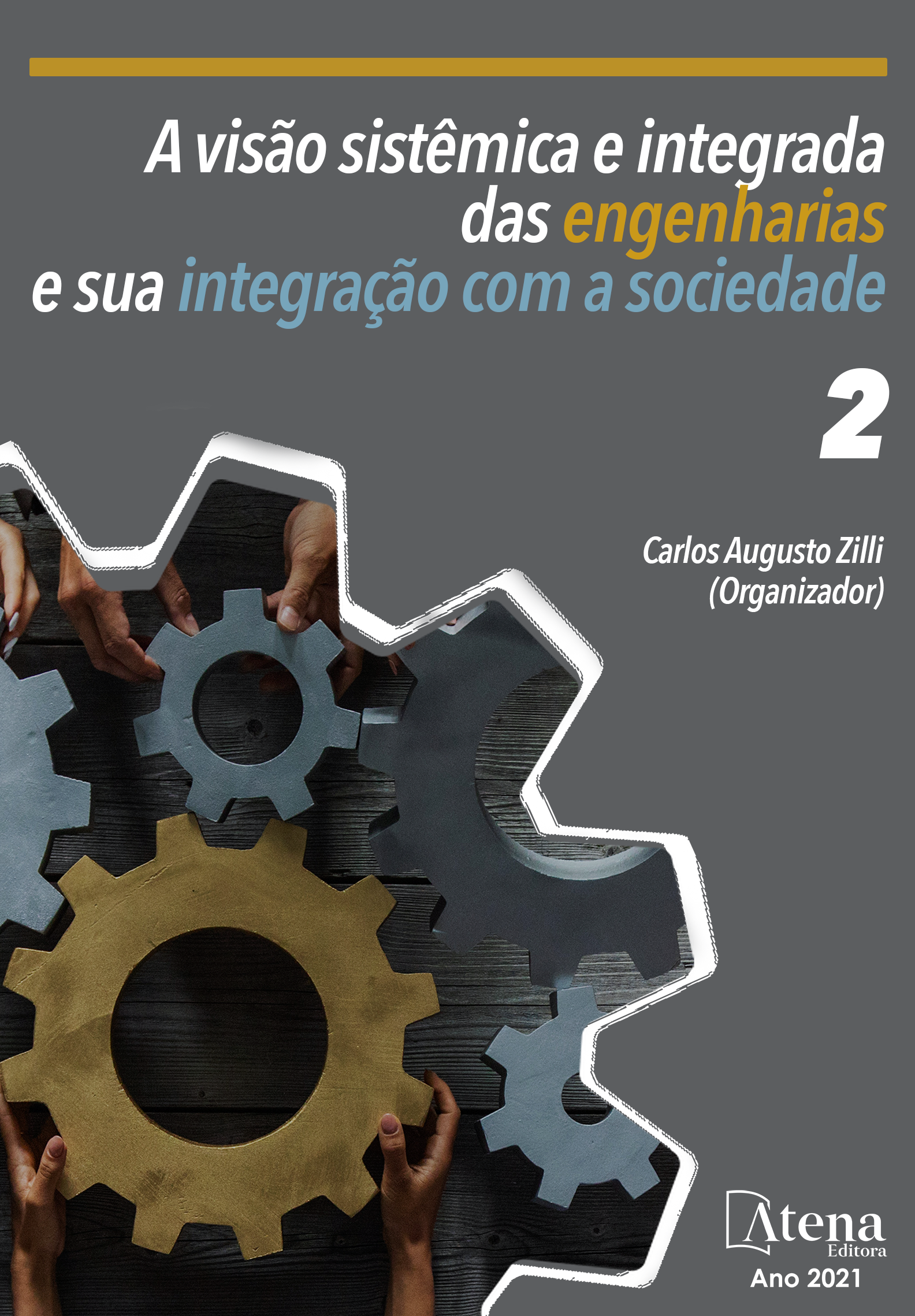
APLICAÇÃO DE HEURÍSTICAS E METAHEURÍSTICAS NA COMPOSIÇÃO DE SÉRIES DODECAFÔNICAS
O objetivo deste trabalho é desenvolver, a partir do uso de heurísticas e metaheurísticas, meios de elaborar e obter compassos musicais que satisfaçam as caraterísticas do método de composição dodecafônico. Para isso, a série de notas utilizada é a cromática, optando-se por gerar compassos 2 por 4, 3 por 4, 5 por 4 e 2 por 2 a partir de mínimas, semínimas, colcheias e semicolcheias. A linguagem de programação escolhida para desenvolver os algoritmos é a linguagem Fortran, e o software MuseScore foi utilizado para representar as soluções obtidas na linguagem de partitura. Para que a aplicação das metaheurísticas fosse possível no contexto musical, os problemas aqui expostos foram reformulados de modo a tornarem-se equivalentes aos problemas característicos dessa outra área, como o Problema do Caixeiro Viajante e o Problema da Mochila, associando as notas musicais a objetos ou a cidades, permitindo que a resolução seguisse de maneira semelhante ao o que ocorre em tais problemas. Os resultados obtidos foram satisfatórios, pois os algoritmos retornaram compassos de acordo com o estipulado pelas restrições iniciais, mostrando que é possível compor as séries e compassos a partir de métodos heurísticos e metaheurísticos. Com as soluções obtidas em mãos, o objetivo é o de que estas sirvam de suporte ao compositor, que terá total liberdade de fazer alterações, descartar soluções que não lhe interessem e trabalhar com novos valores, buscando assim outras alternativas. Ou seja, os algoritmos desenvolvidos têm como principal objetivo servir de ferramenta no processo composicional, preservando sempre a criatividade e a liberdade presentes na criação.
APLICAÇÃO DE HEURÍSTICAS E METAHEURÍSTICAS NA COMPOSIÇÃO DE SÉRIES DODECAFÔNICAS
-
DOI: 10.22533/at.ed.9932113089
-
Palavras-chave: Metaheurísticas. Composição Dodecafônica. Otimização. Problema do Caixeiro Viajante. Problema da Mochila Compartimentada.
-
Keywords: Metaheuristics. Dodecaphonic composition method. Optimization. Traveling Salesman Problem. Backpack Problem.
-
Abstract:
The objective of this work is to develop, from the use of heuristics and metaheuristics, means of elaborating and obtaining musical measures that satisfy the characteristics of the dodecaphonic composition method. For this, the series of notes used is the chromatic one, being chosen to generate measures 2 by 4, 3 by 4, 5 by 4 and 2 by 2 from half notes, quarter notes, eighth notes and sixteenth notes. The programming language chosen to develop the algorithms is the Fortran language, and the MuseScore software was used to represent the solutions obtained in the score language. In order for the application of metaheuristics to be possible in the musical context, the problems presented here were reformulated so as to become equivalent to the problems characteristic of this other area, such as the Traveling Salesman Problem and the Backpack Problem, associating musical notes with objects or cities, allowing resolution to follow in a manner similar to what occurs in such problems. The obtained results were satisfactory, because the algorithms returned bars according to the stipulations of the initial restrictions, showing that it is possible to compose the series and measures from heuristic and metaheuristic methods. With the solutions obtained at hand, the objective is that these support the composer, who will have complete freedom to make changes, discard solutions that do not interest him and work with new values, thus seeking other alternatives. That is, the algorithms developed have as main objective to serve as a tool in the compositional process, always preserving the creativity and freedom present in creation.
-
Número de páginas: 14
- Paulo Henrique Siqueira
- Déborah Baptista Pilato


